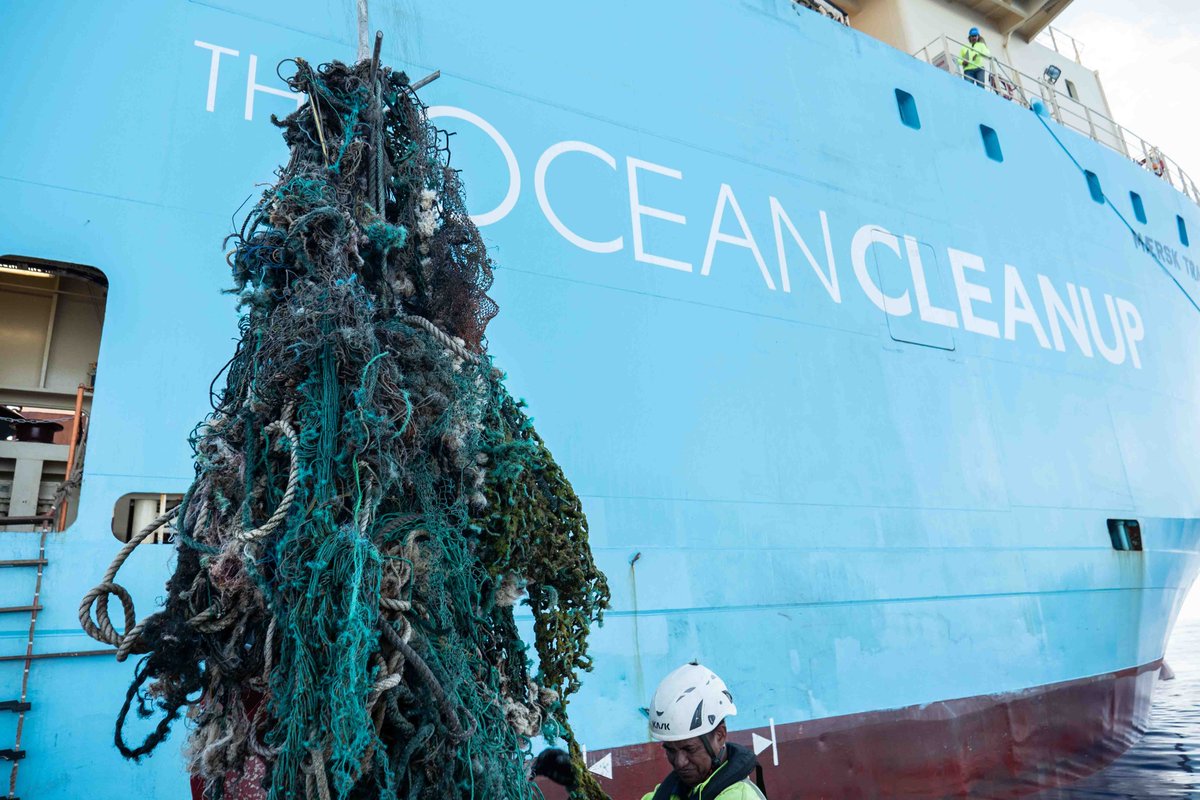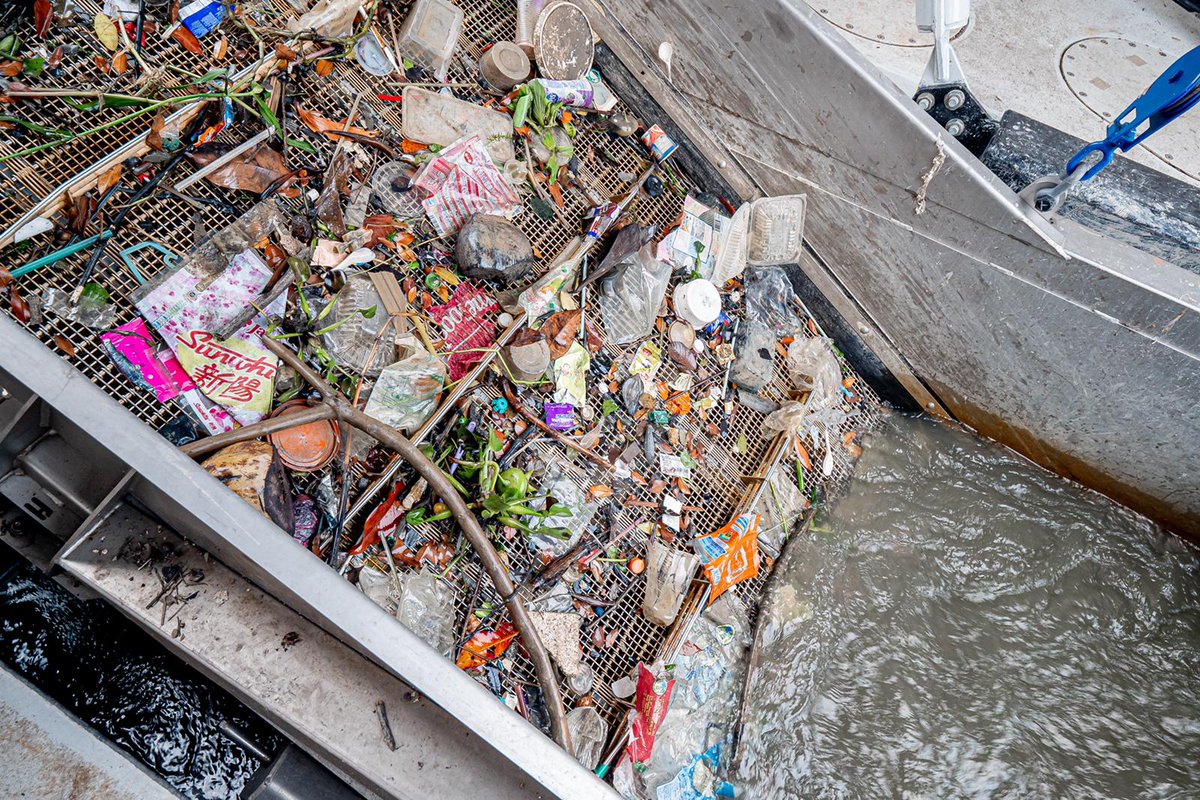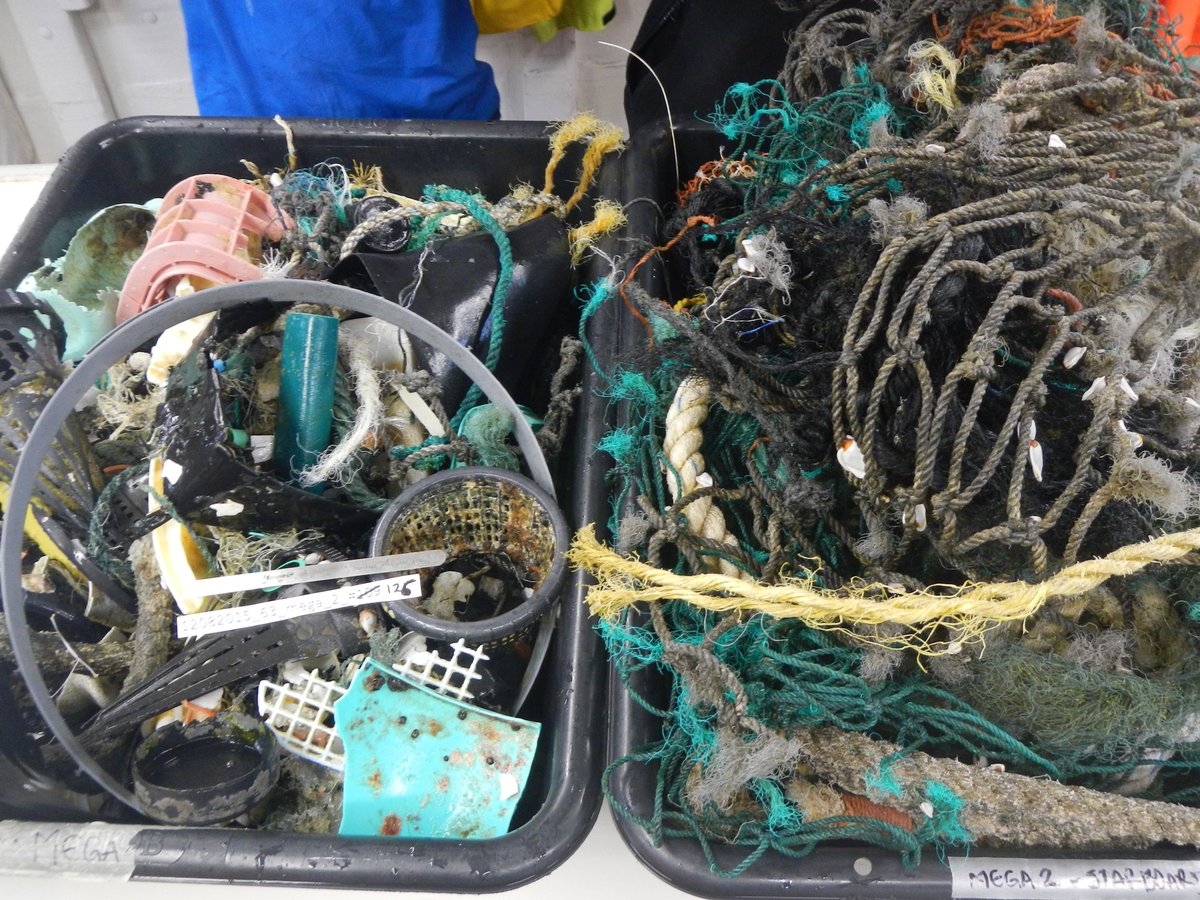Recently, I decided I wanted to read every page of one of my favorite websites, @OurWorldInData.
I’m about halfway now.
Here are the 30 most surprising things I’ve learned about the world so far! 🧵
I’m about halfway now.
Here are the 30 most surprising things I’ve learned about the world so far! 🧵
1. Almost all countries in Africa have higher death rates from obesity than in Western Europe and the USA!
This is due to more advanced medical care in the developed world, as well as other risk factors, such as smoking and air pollution.
This is due to more advanced medical care in the developed world, as well as other risk factors, such as smoking and air pollution.
2. Due to labor migration, in the United Arab Emirates, there are now three men to every woman.
3. Globally, twice as many people die from suicide than from homicide. In Germany, 18x more people die from suicide than from homicide (primarily a result of low homicide rates).
4. Air quality used to be exceptionally bad in the UK during its industrialization. London recorded 180 days of dense smog in 1885.
5. The causes of death most reported by the news (natural disasters, wars, and terrorism) jointly lead to less than 0.3% of deaths worldwide.
6. Fertility rates in China and Taiwan have reduced at similar rates over the past 50 years, suggesting that China’s one-child policy didn’t have a significant effect on curbing its population growth.
7. Greenland has the highest suicide rate in the world.
In Greenland, suicides peak in spring and summer (probably due to lower-quality sleep) – *not* in winter, as is commonly believed.
In Greenland, suicides peak in spring and summer (probably due to lower-quality sleep) – *not* in winter, as is commonly believed.
8. While people often talk about the world moving away from rural areas toward cities, the global population living in rural areas is actually still increasing!
However, this growth rate is much lower than that of urban populations.
However, this growth rate is much lower than that of urban populations.
9. In 1800, the global child mortality rate was above 40%. Today, it’s 3.4%.
The world’s best-scoring country in 1800 (Belgium, 33%) suffered from child mortality twice as high as the worst-scoring country today (Angola, 17%).
The world’s best-scoring country in 1800 (Belgium, 33%) suffered from child mortality twice as high as the worst-scoring country today (Angola, 17%).
10. The biomass of bacteria is 1200 times higher than that of all humans on earth. But out of an estimated 9 million species, only about 9000 are bacteria.
11. Polio used to affect few people because bad hygiene caused babies to be already exposed to the virus when they could still benefit from their mother’s immunity. Thus, ironically, it was improved sanitation that caused polio to kill many people in the early 20th century!
12. The highest obesity rate can be found in the Pacific islands. 61% of people in Nauru are obese, while 90% are overweight. The obesity death rate in Fiji is 4x higher than that in the US.
13. In the 20th century, about 100 million people died as a result of smoking – more than the First and Second World Wars combined.
14. Today, 17% of the world’s population is Chinese, but this used to be much higher: back in 1800, more than 1 in 3 people were Chinese!
15. In 1800, Belgium had the world’s highest life expectancy, at 40. No country today has a lower life expectancy than this.
16. Drug overdoses are now the single-largest cause of death for Americans under 50.
17. Populations in the majority of countries in Africa have a median age of under 20.
The median age in Niger is 14.9.
The median age in Niger is 14.9.
18. Death rates from pneumonia are highest in warm, tropical countries.
19. Humans and their livestock together outweigh all wild mammals by 25 to 1. There is 3x more farmed pig biomass in the world than wild mammal biomass!
20. Japan’s life expectancy is more than five years higher than that of the US, while the latter spends more than double on healthcare per capita.
Japan reached the US’s current life expectancy more than 30 years ago.
Japan reached the US’s current life expectancy more than 30 years ago.
21. Road accidents cause 2.2% of deaths worldwide – more than malaria (1.1%), war (0.2%), and homicide (0.7%) combined.
22. Twelve thousand years ago, there were only 2.5 million people on earth: a quarter of the population of London today.
23. If humans were to switch from eating farmed mammals to hunting wild mammals, there would only be enough meat to make us last for one single month!
24. Russian men have a mean life expectancy of 65, eleven years lower than Russian women. This is the largest gender difference in life expectancy in the world.
25. It’s a myth that humans used to live in harmony with nature. Prehistoric humans already reduced terrestrial mammal biomass by 25% to 50%, a result of overhunting.
26. In the UK, more than half of crimes are estimated to be caused by alcohol consumption.
27. Humans have reduced wild mammal biomass by 85% since the dawn of civilization.
28. Since 1990, drownings of under-fives have fallen by more than two-thirds!
29. The carbon footprint of someone living in India today is still lower than that of someone in the UK in 1800: 224 years ago!
30. Edward Jenner’s paper on his smallpox vaccine was initially rejected by the Royal Society, which even advised him not to pursue it further, as it would ruin his career and reputation.
Hope you found this interesting too! Will try to read the remaining pages during the next Christmas break :)
One correction: made a mistake on the child mortality stat. Today’s worst scoring country is Niger at 11%, not Angola.
https://twitter.com/shouldomythesis/status/1746222537174868275
• • •
Missing some Tweet in this thread? You can try to
force a refresh




















